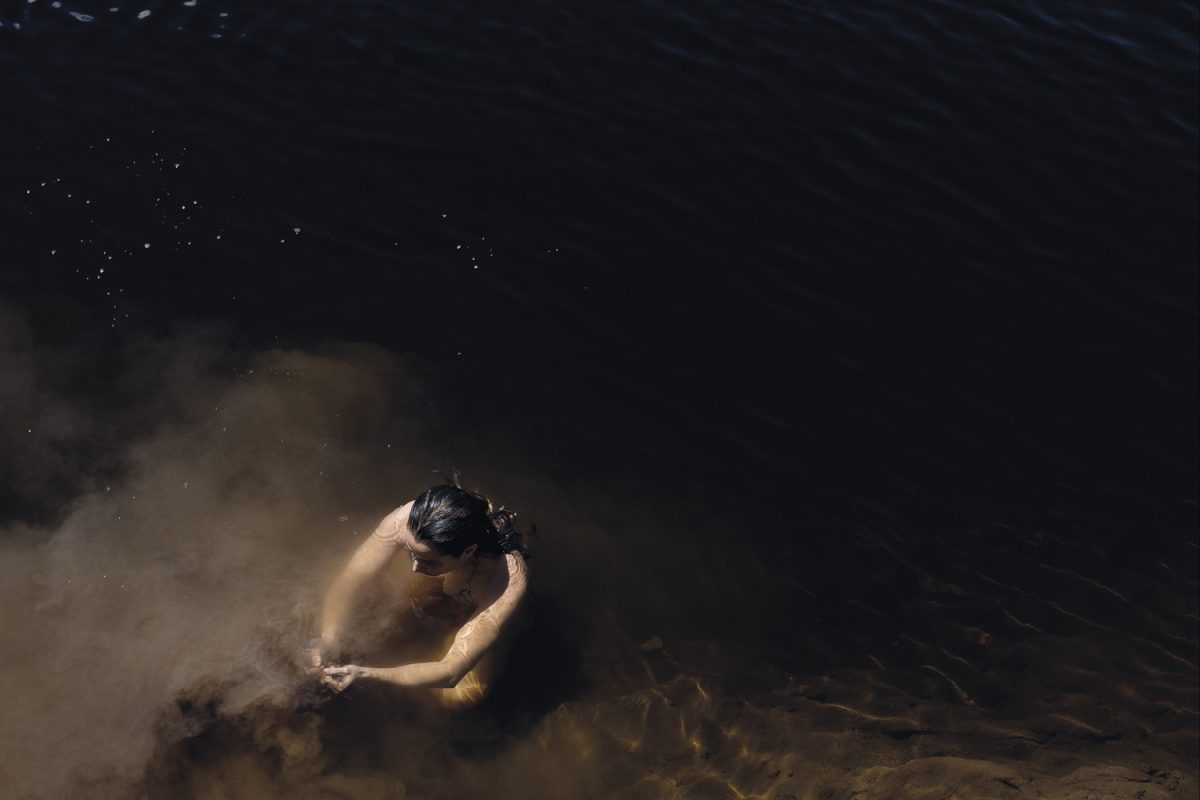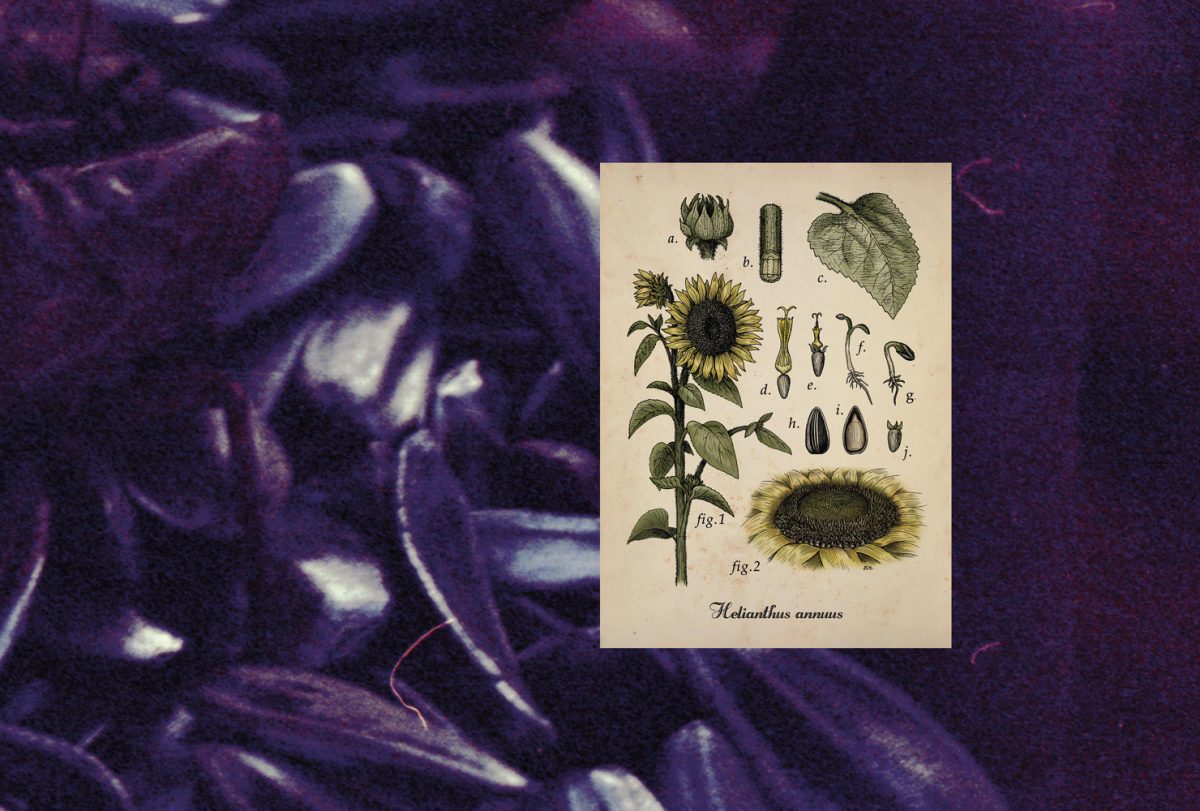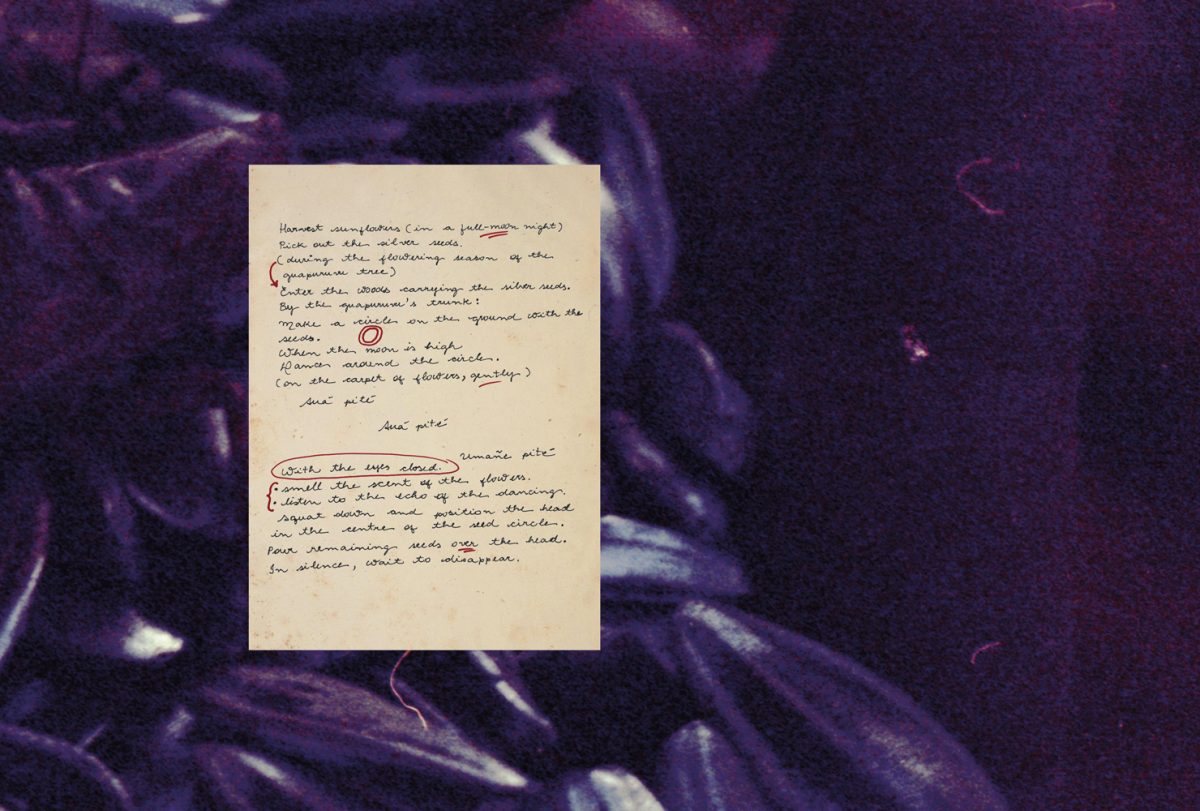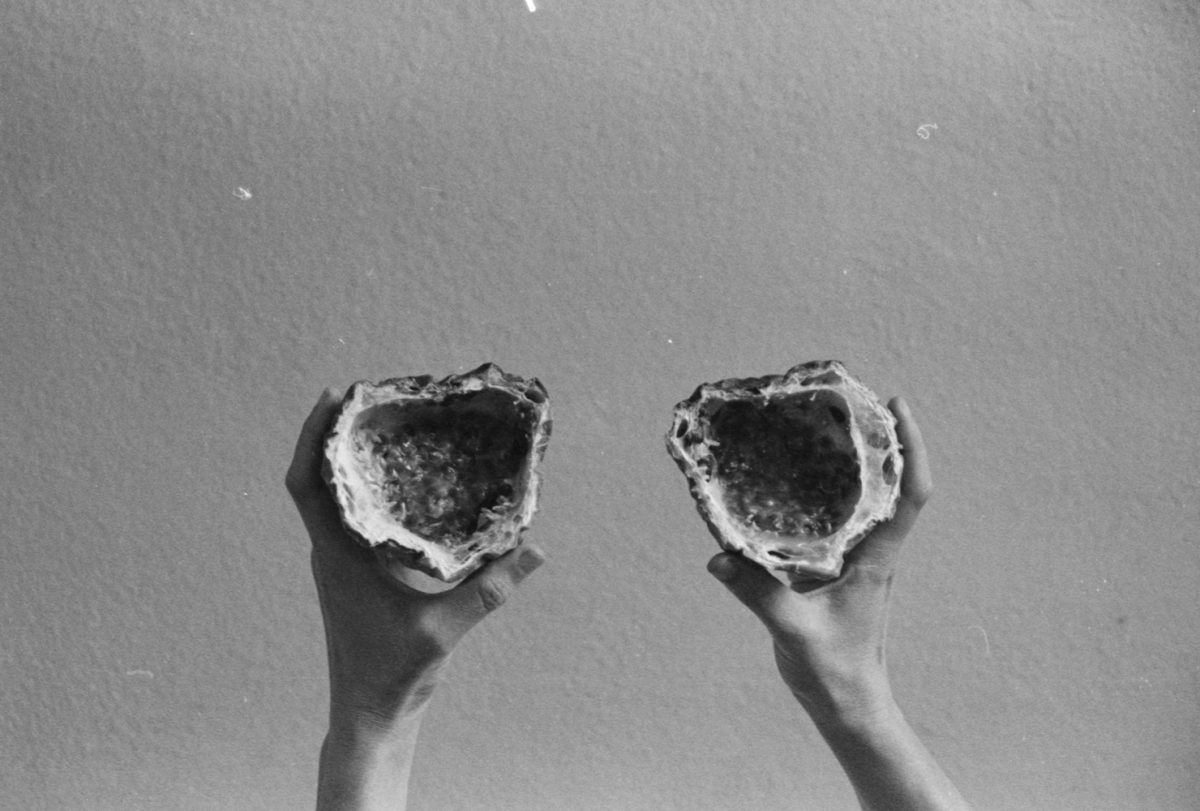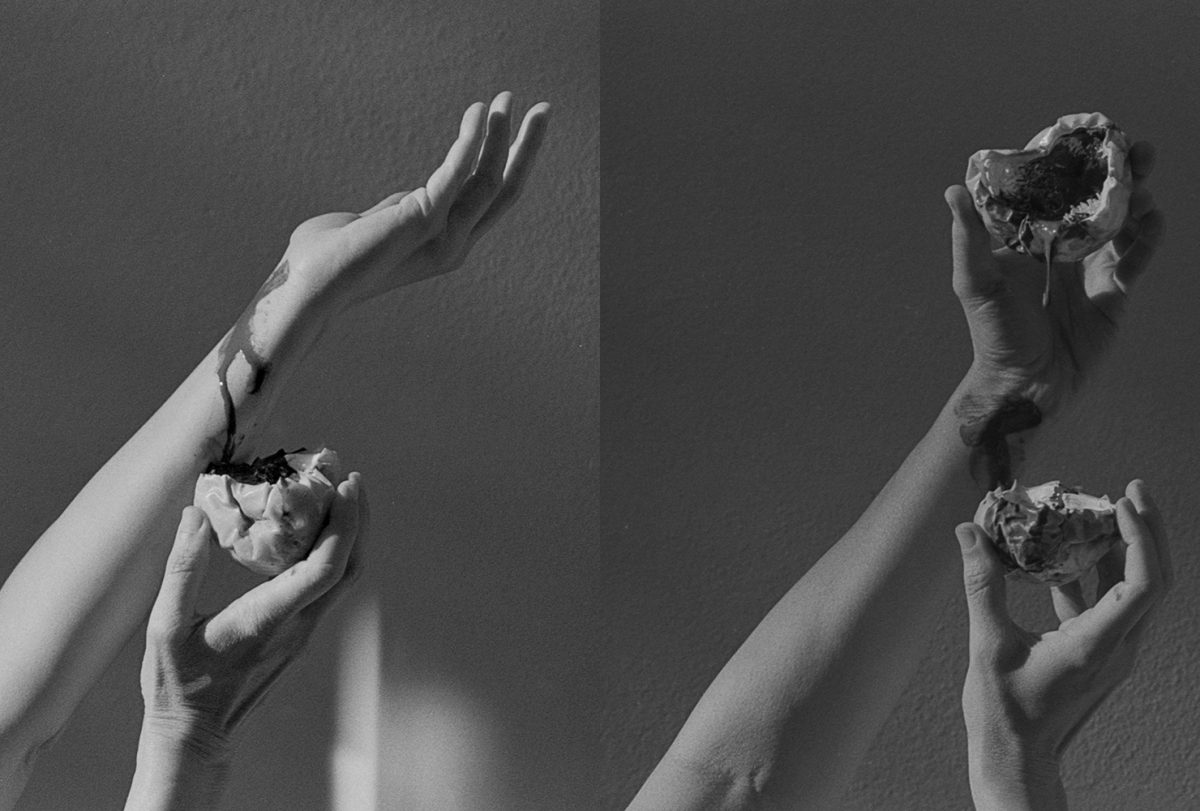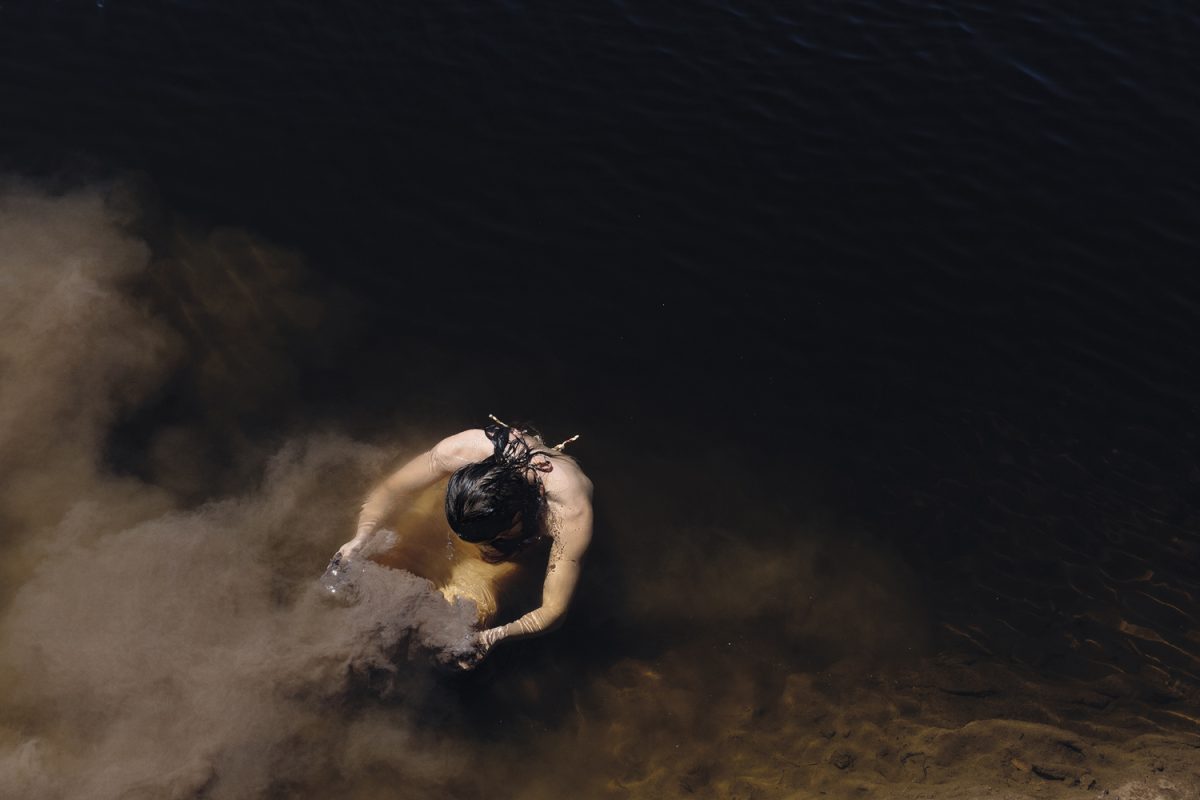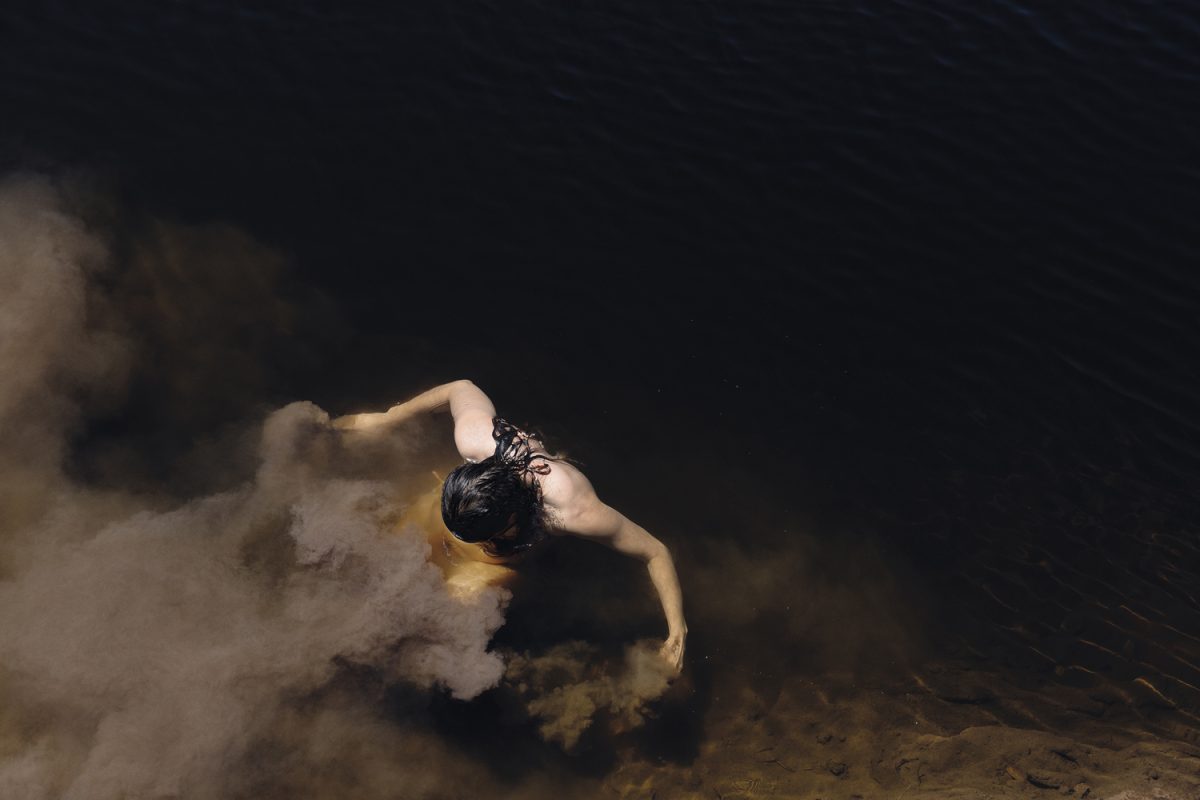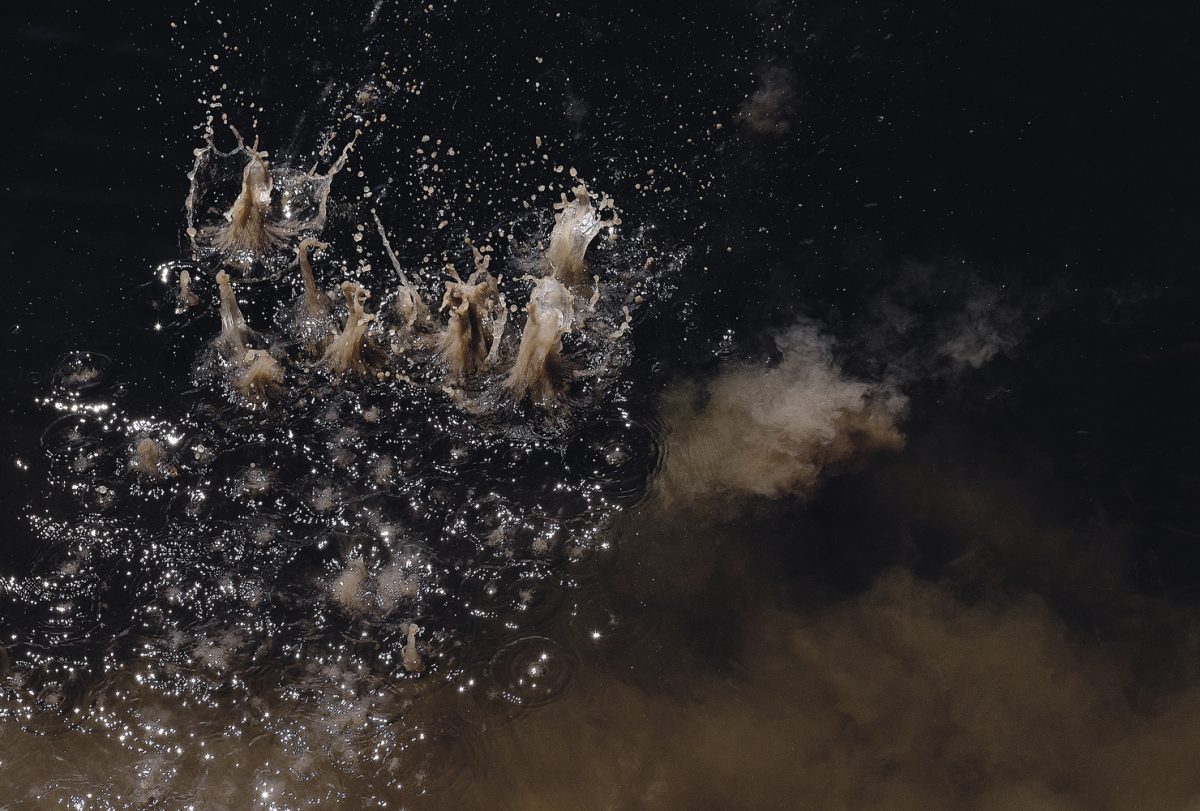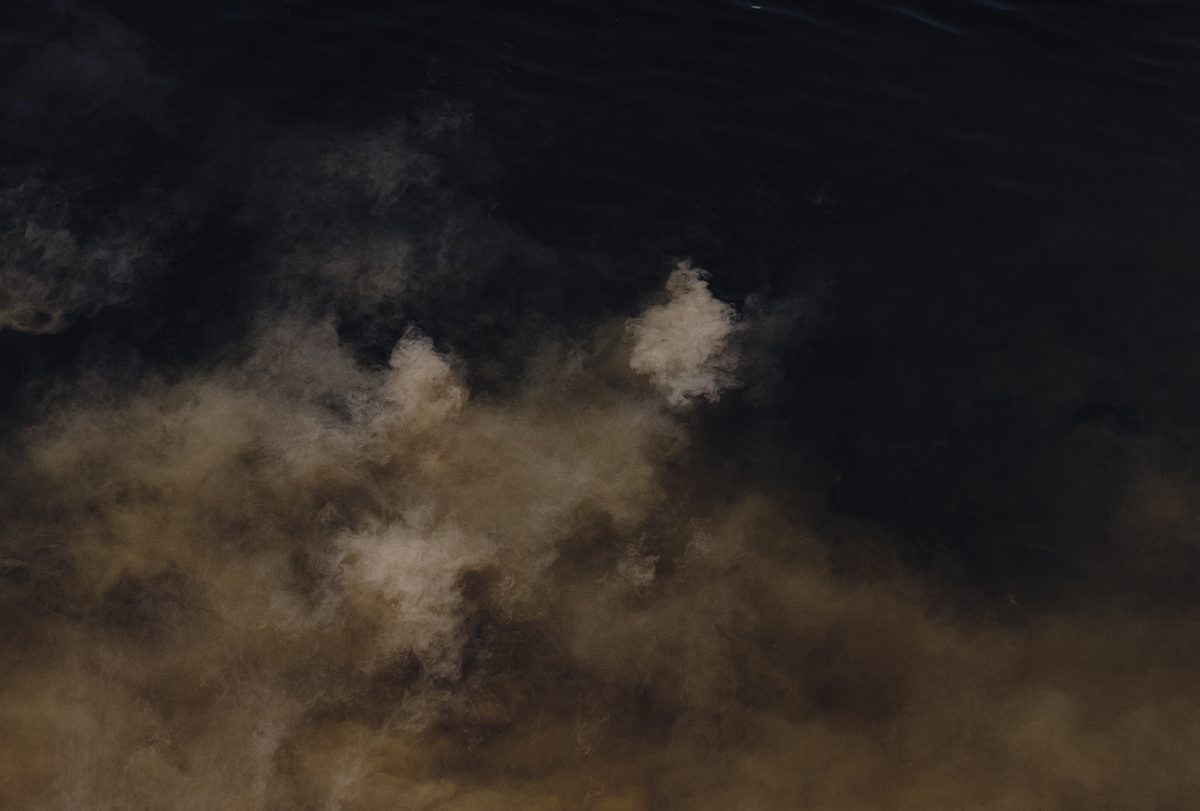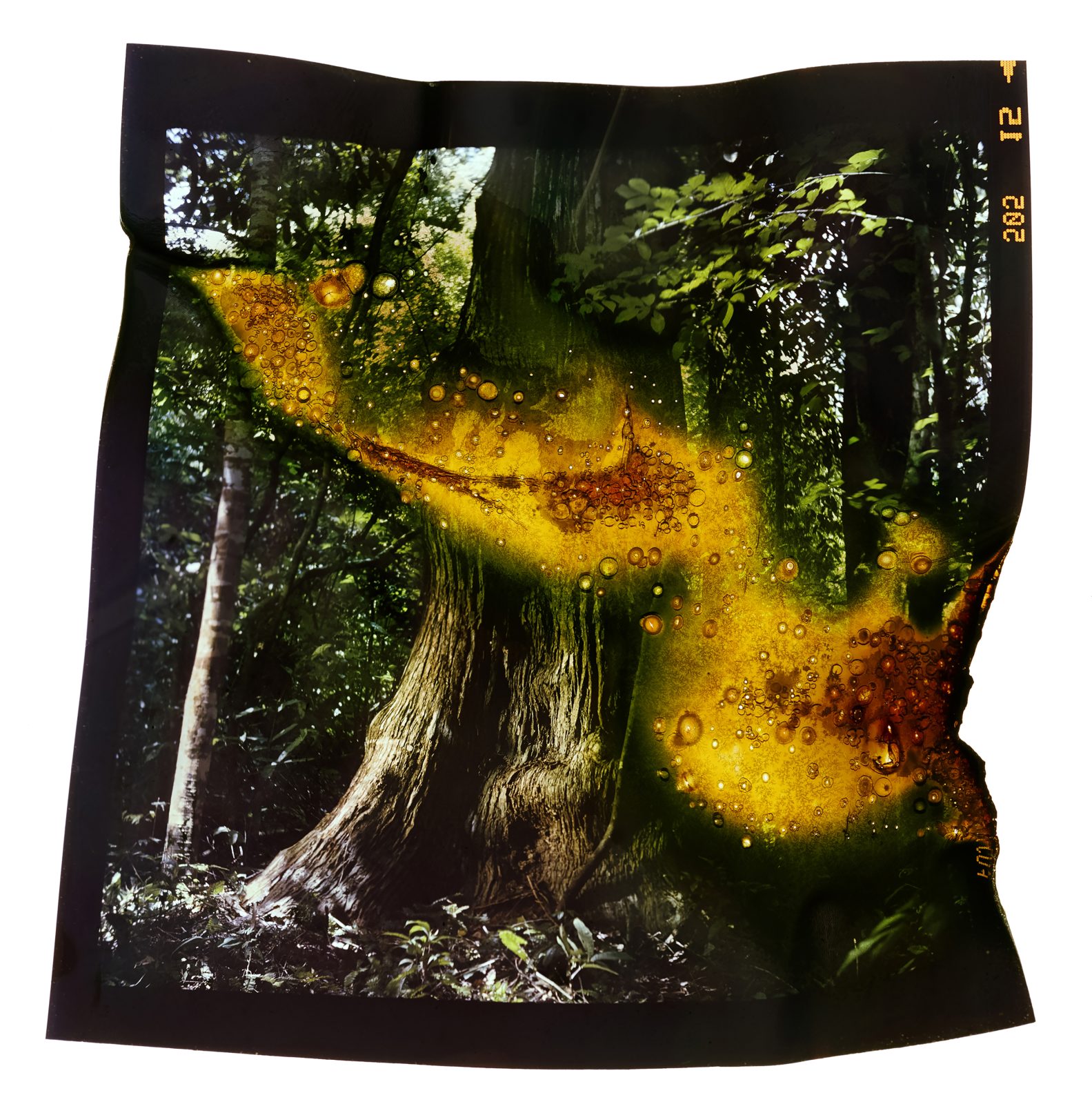Marilene’s practice is focused on the environmental and the Human Rights agendas, with a decolonial gaze from the Global South. Her projects are engaged in the political agency of photography and in the role of image-based media in society.
Open Fire
What is the future of our natural landscapes?
What is the future of our references,
of our identity?
What is the future of our memories?
Fire is a sharp weapon.
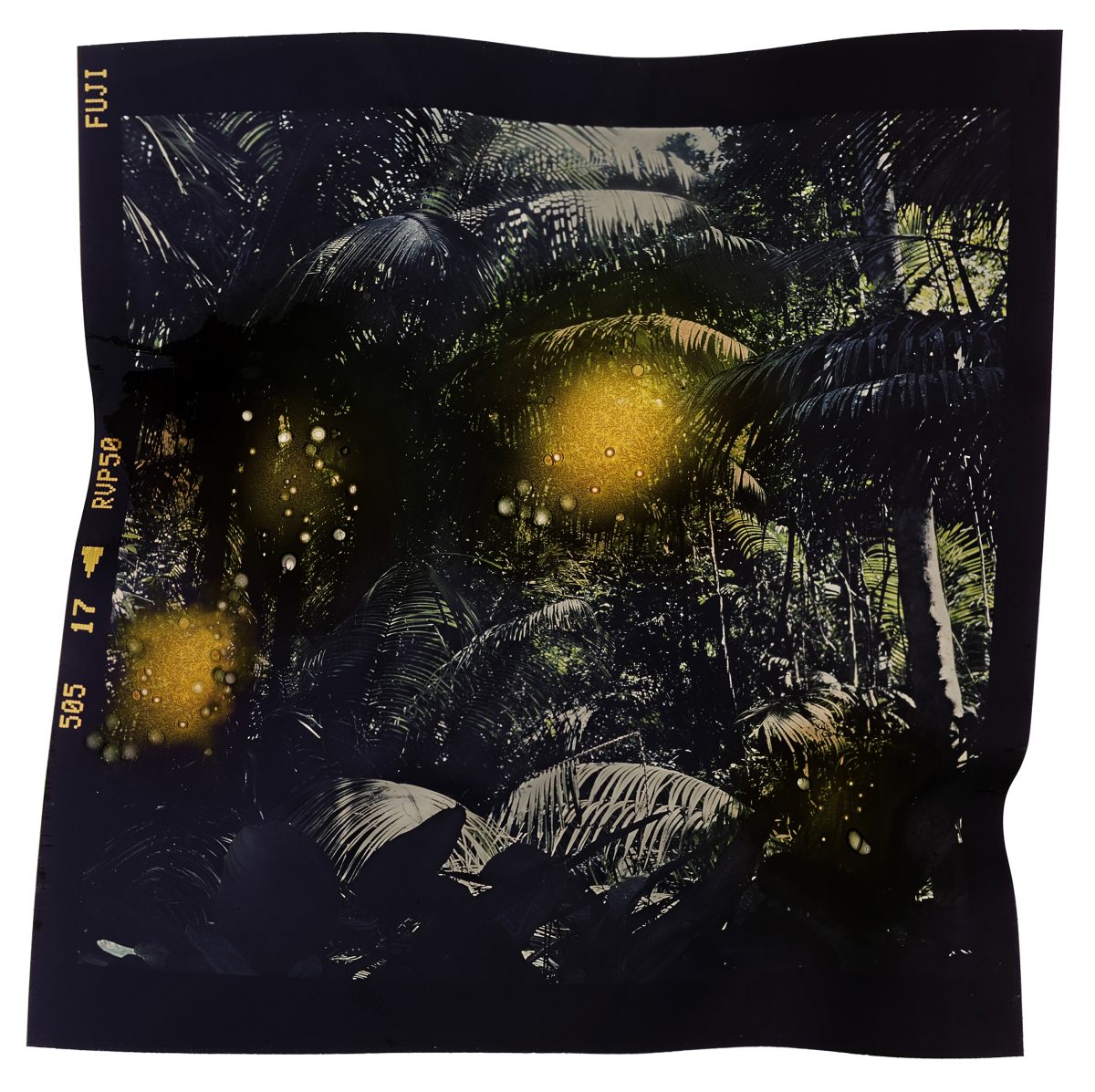
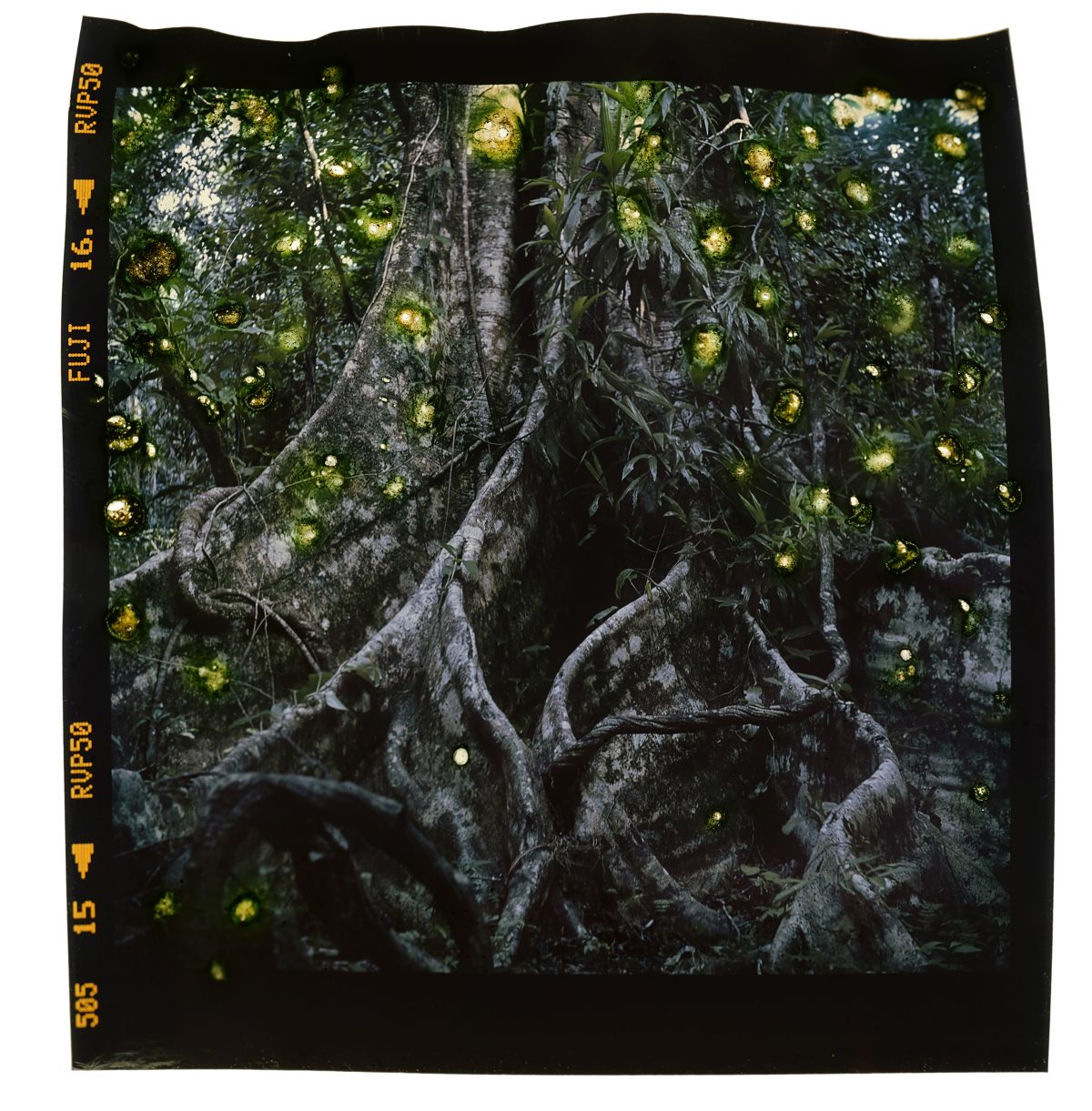
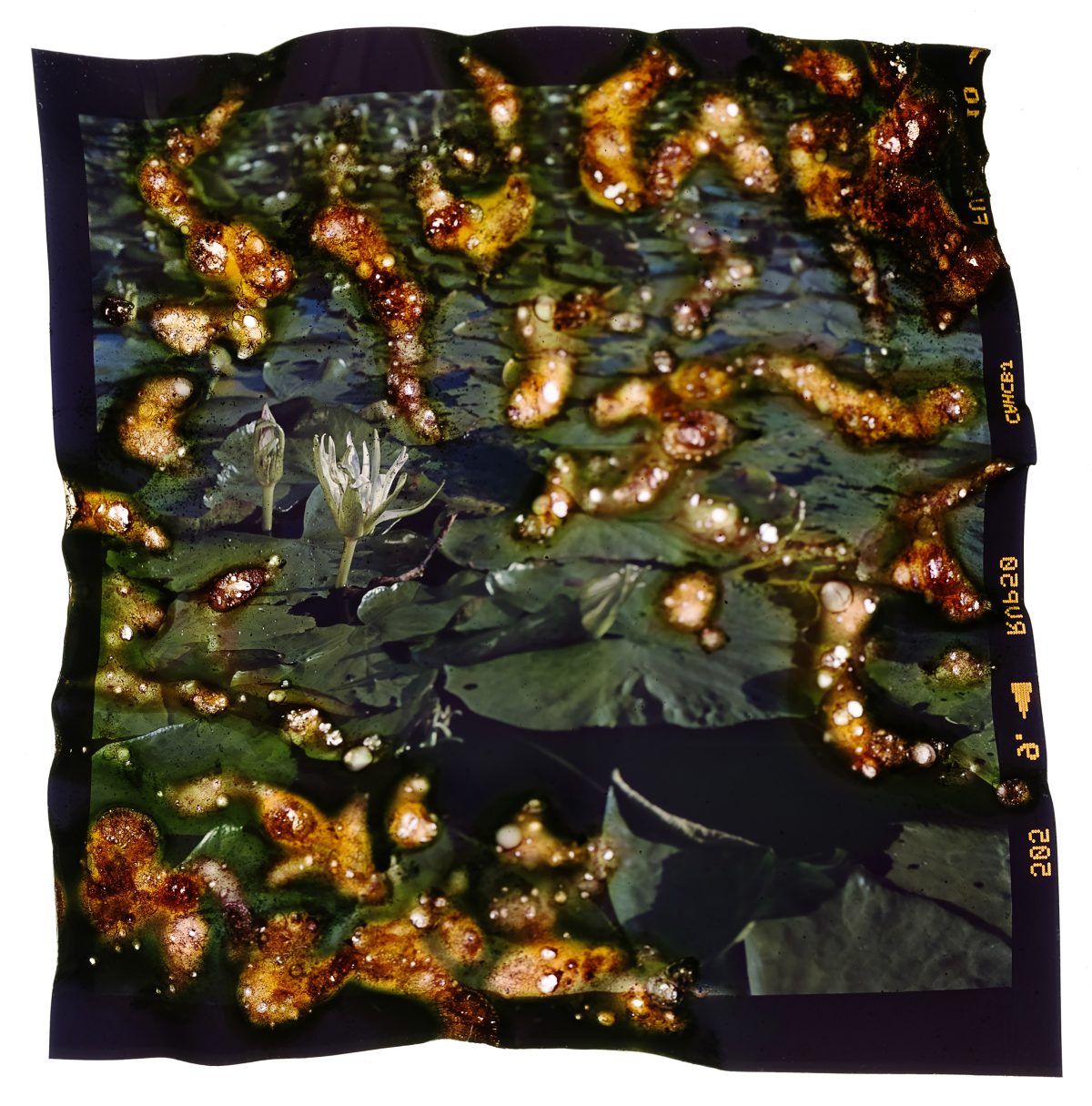
Open Fire tells the story of a planet ablaze, a story which is real and is happening now.
With this project, I express my understanding on this situation from Latin America (where fires are a consequence of both climate crisis and political conflicts) to unveil the unrecognisable environment it leaves for future generations to live in.
This work develops as follows: with a medium-format analogue camera, I photograph natural areas of high relevance for conservation in my country, Brazil. After being developed, I burn the photographic film – reproducing the aggression that has been openly inflicted upon the actual landscapes. The resulting three-dimensional pieces are then digitised and presented in juxtaposition to news-sourced stories involving fire that have happened recently in Brazil as well as to insights I have during the making of the work.
By interweaving the visual and textual material a narrative emerges, contextualising and echoing the loop of violence and destruction by fire we have been facing. With Open Fire, I aim to encourage debate around a contemporary issue that is of global relevance: it is environmental, social, historical and political, and urges to be discussed in a framework in which society would play the role of protagonist and not of spectator.
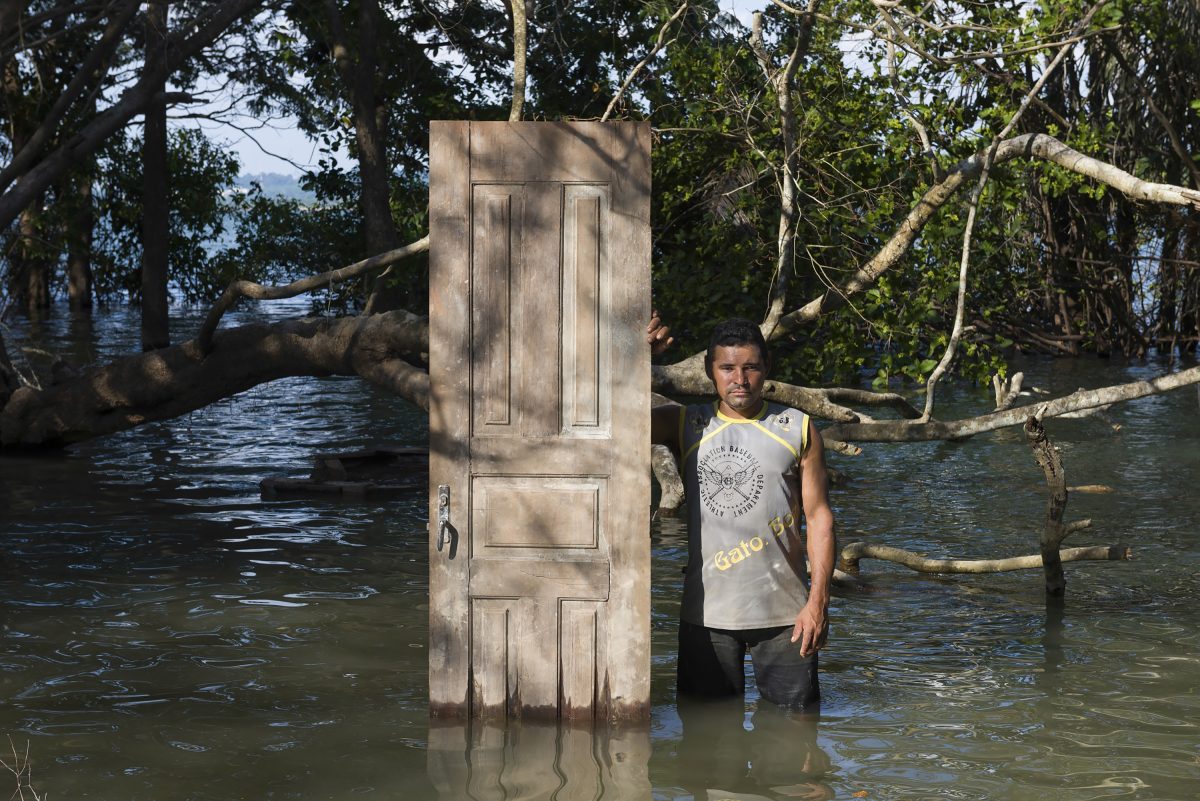
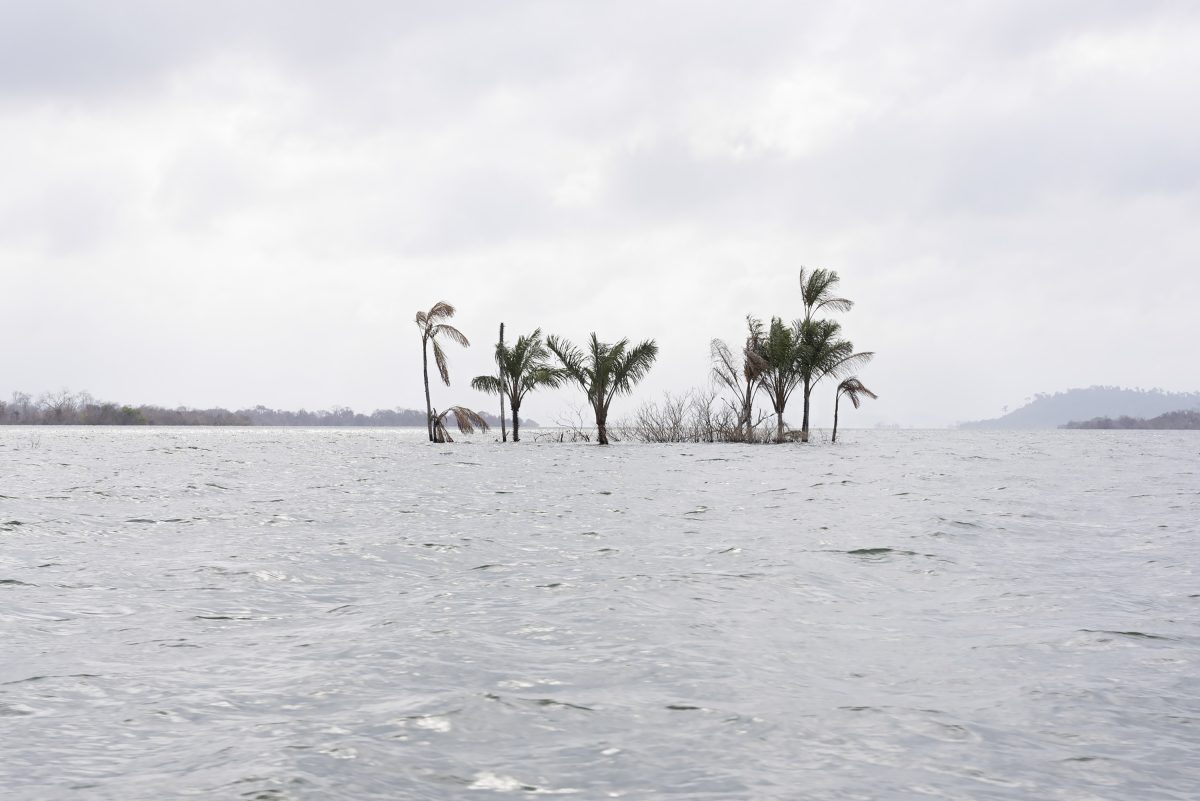
Dead Water
Dead Water is a project about a place of access, connexion, flux. Despite using material processes, the focus is not on physicality. It is about the transit between the river (the material site) and the other river (the site of life, of wealth, of beauty, of belonging, of identity, of memory, of democracy, of the transcendental). Rivers that join within the space of this work: the territory of the encounter, the space where exchanges between the one who photographs and those photographed happen.
Dead Water is a long-term project in where I conceive and facilitate a collaborative visual narrative to highlight a contentious issue of global concern: the socioenvironmental impacts of hydropower. Running from 2014 to 2018 (and onwards), this project focuses on telling the story of dams and hydropower from the perspectives of the people who have been affected by these ventures in Brazil, stitched together with my own background as a trained photographer, ecologist, and individual. I use Brazil, my home country, as a window to discuss a contemporary issue that has, in fact, involved many countries and that tackles the climate crisis agenda.
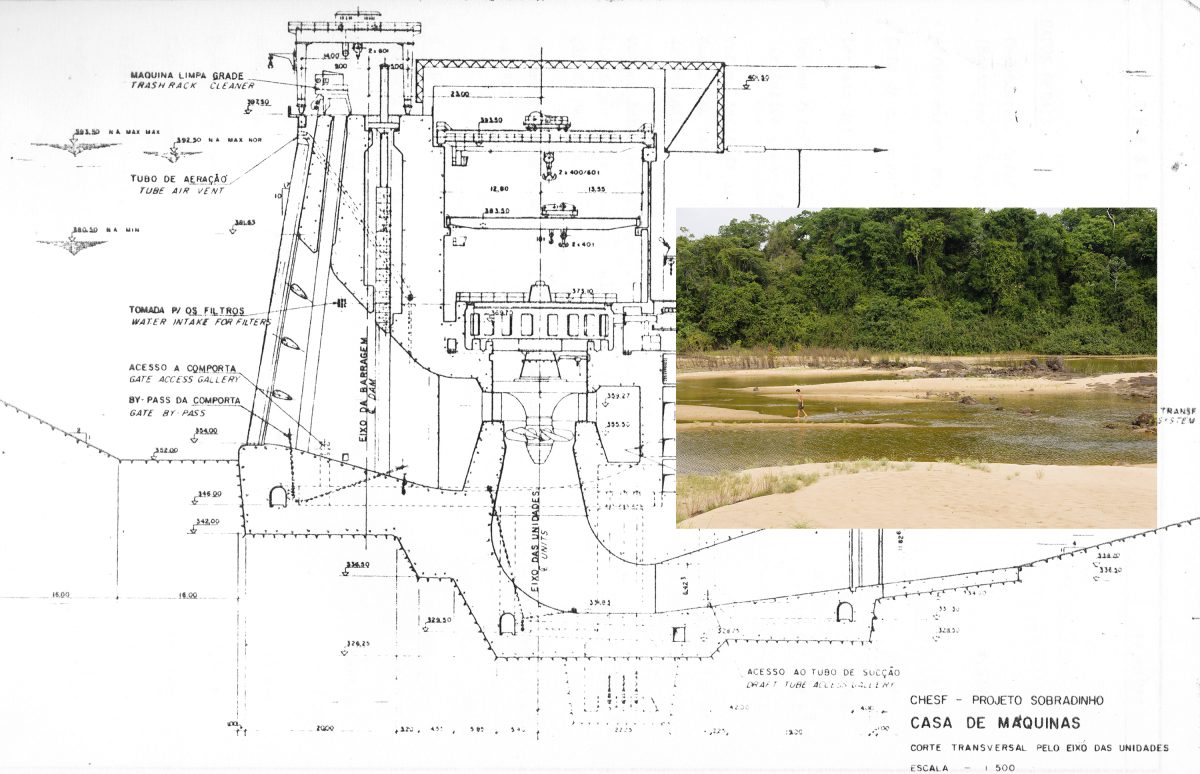
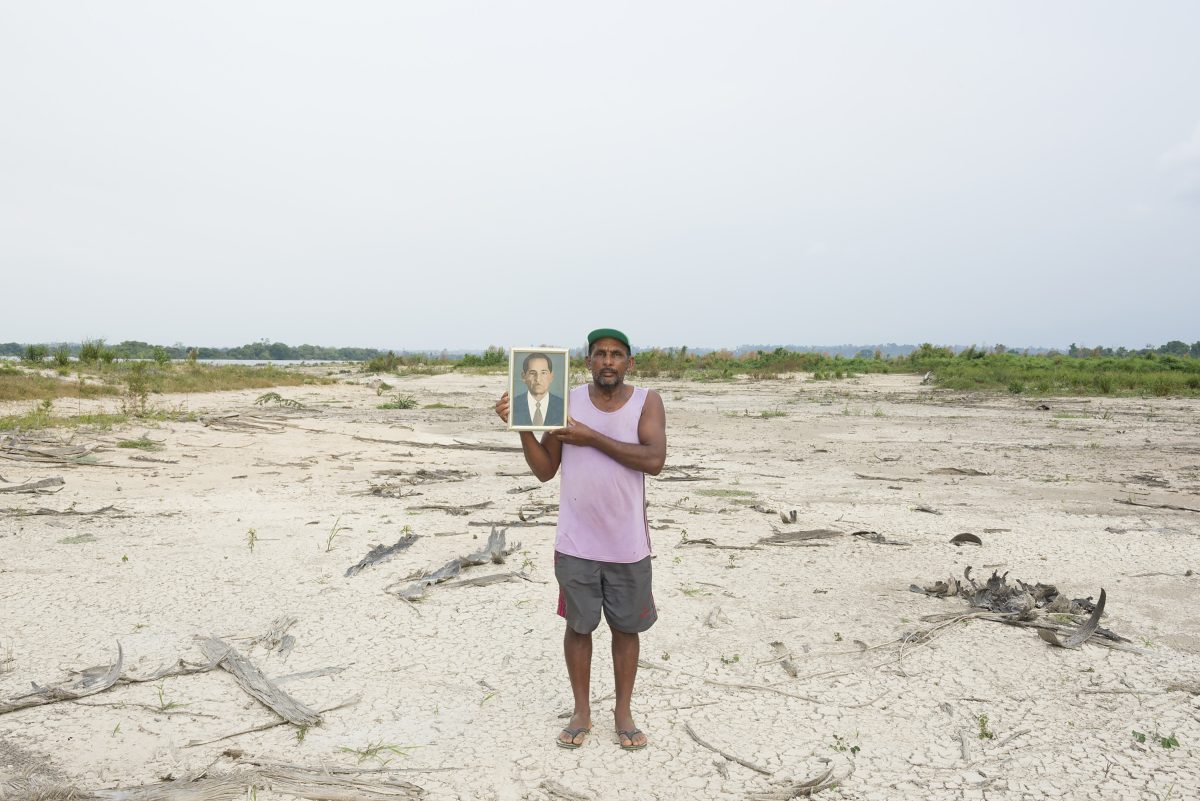
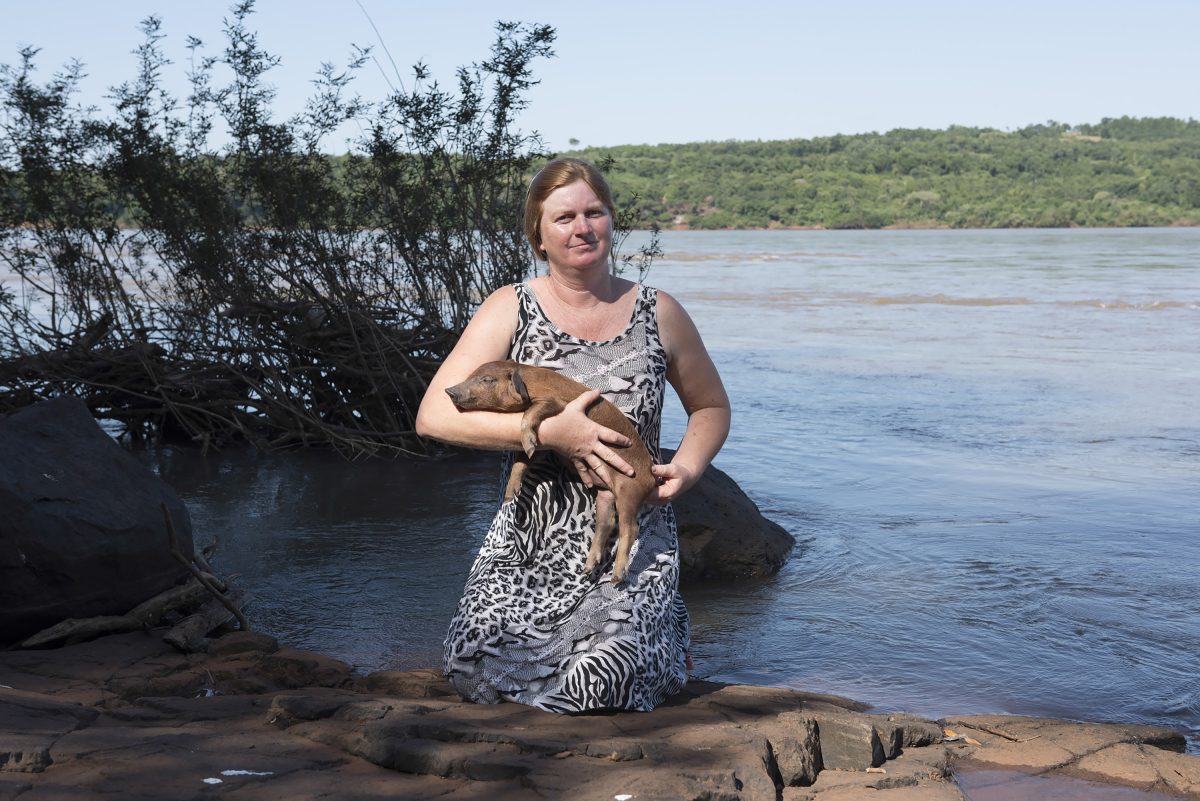
Photo-Rituals for Disappearance
In Photo-Rituals for Disappearance I set out from my own personal territory –which comprises my own body and story– to confront the social and political territory of misogyny that has oppressed and violated female bodies from immemorial times to the present day.
By revealing shamanic rituals for “disappearance” that I conceive and perform with other women to heal a traumatic experience of love and death I had, this work celebrates the ancient, magical way women have to deal with love and remedy. I absorb the aura of pagan rituals to praise these powers of care and healing we inherited from female shamans, healers and midwives who came before us to shape this work as a form of resistance, a counterpoint to the stigmatisation and persecution of the female being we have lived over time –labelled as ‘witch’, ‘hag’. This work deconstructs that misogynistic discourse and brings about a new perspective based on the power of the ‘woman-being’.
